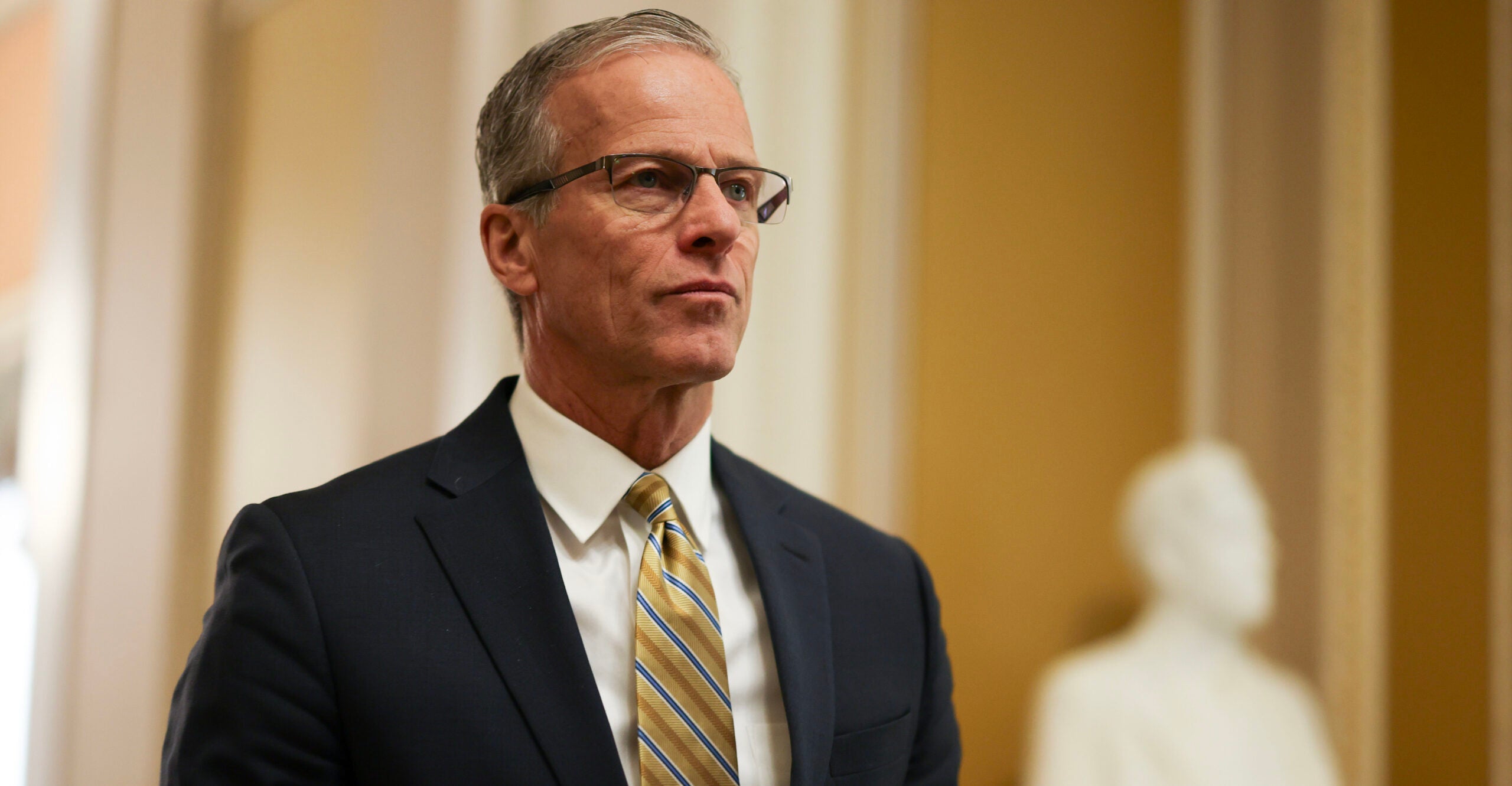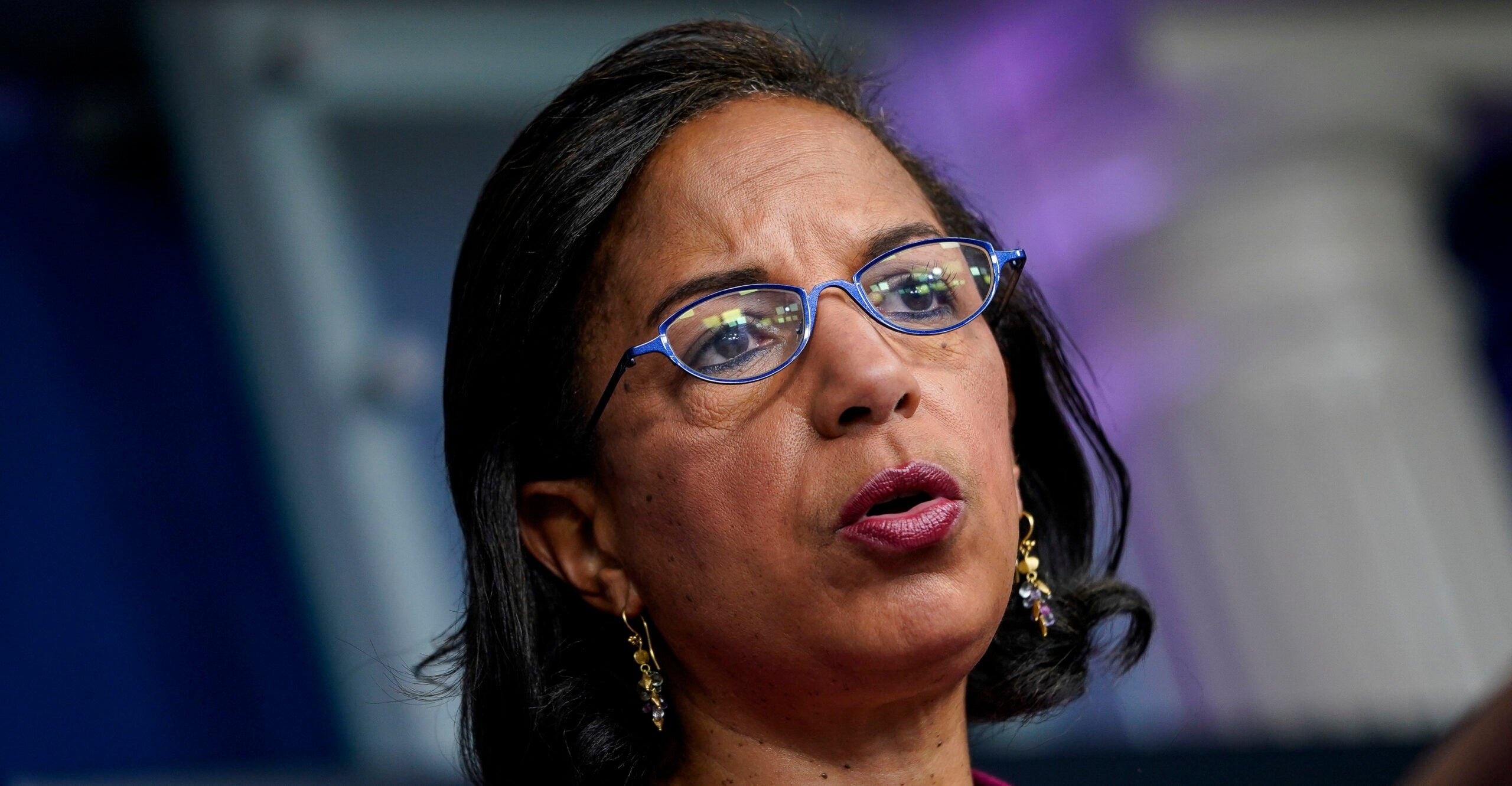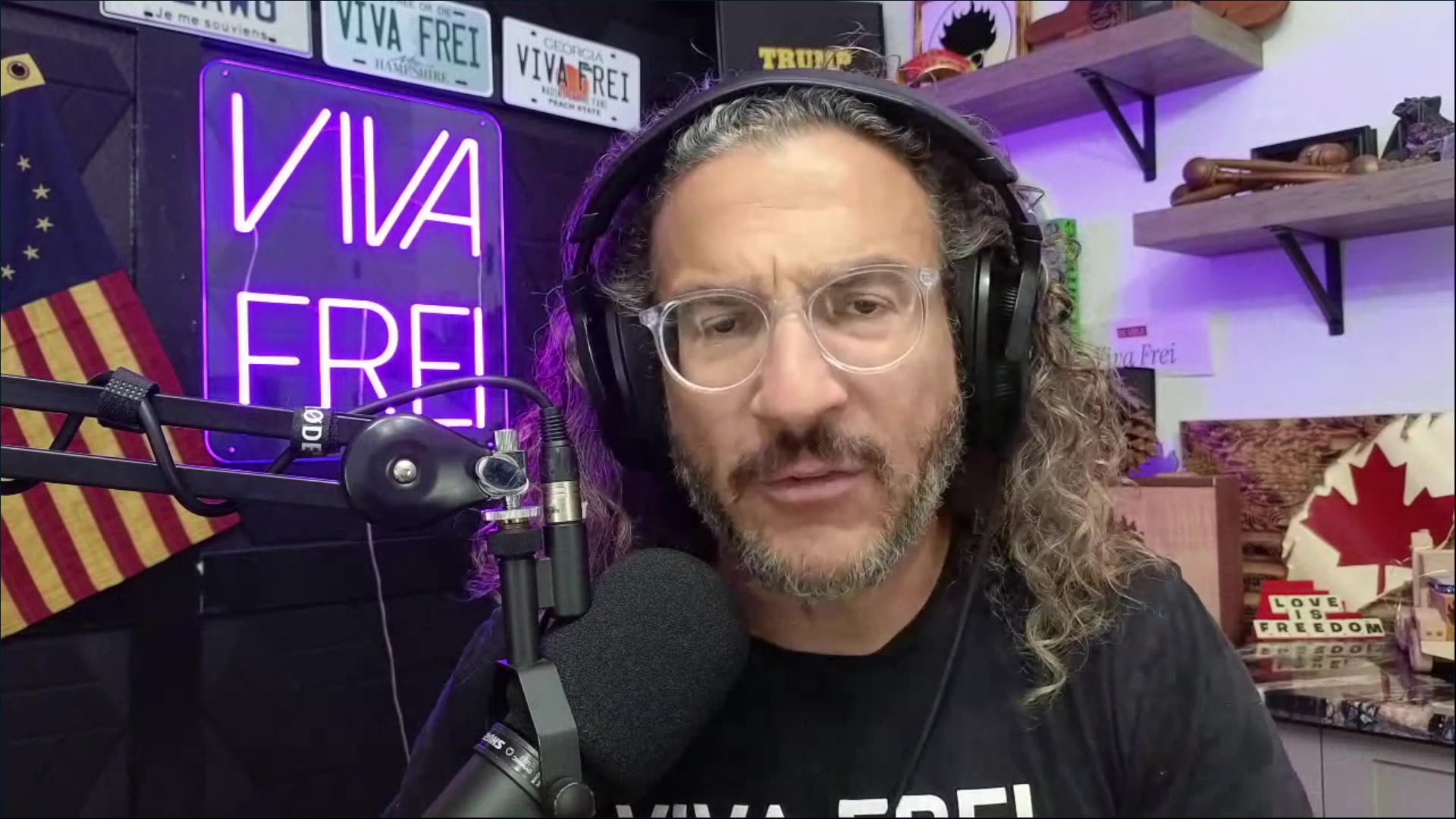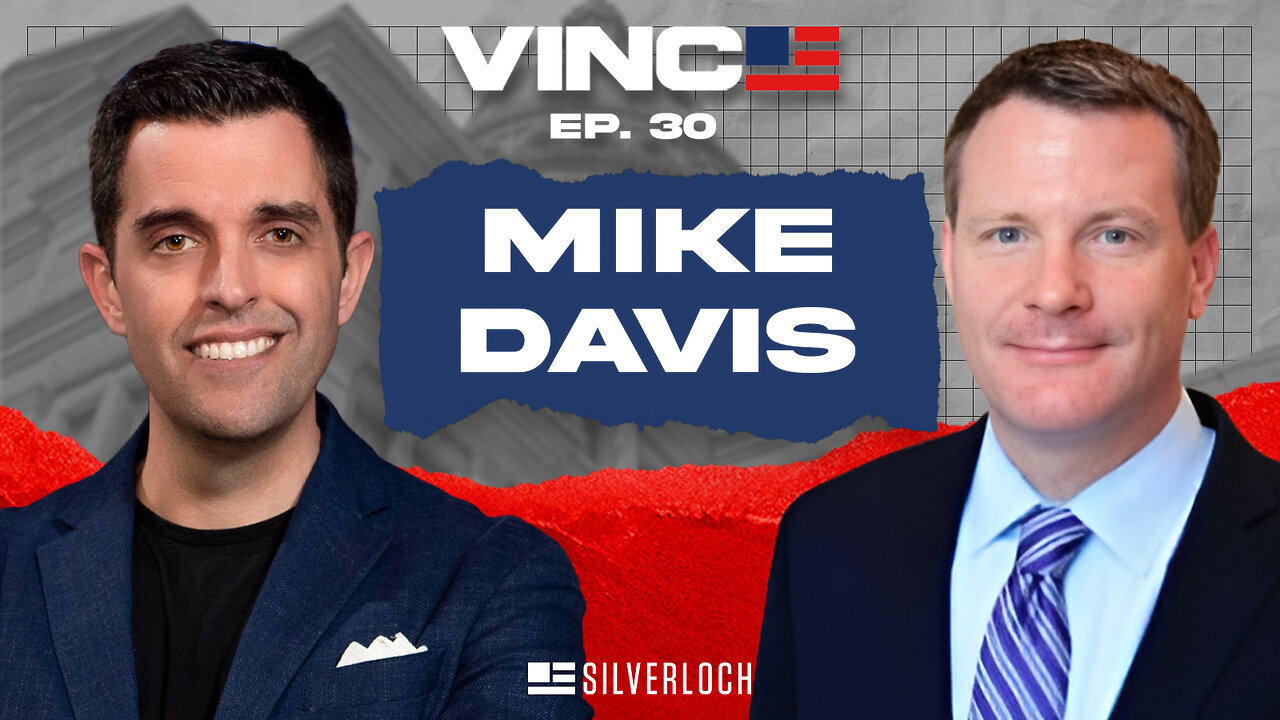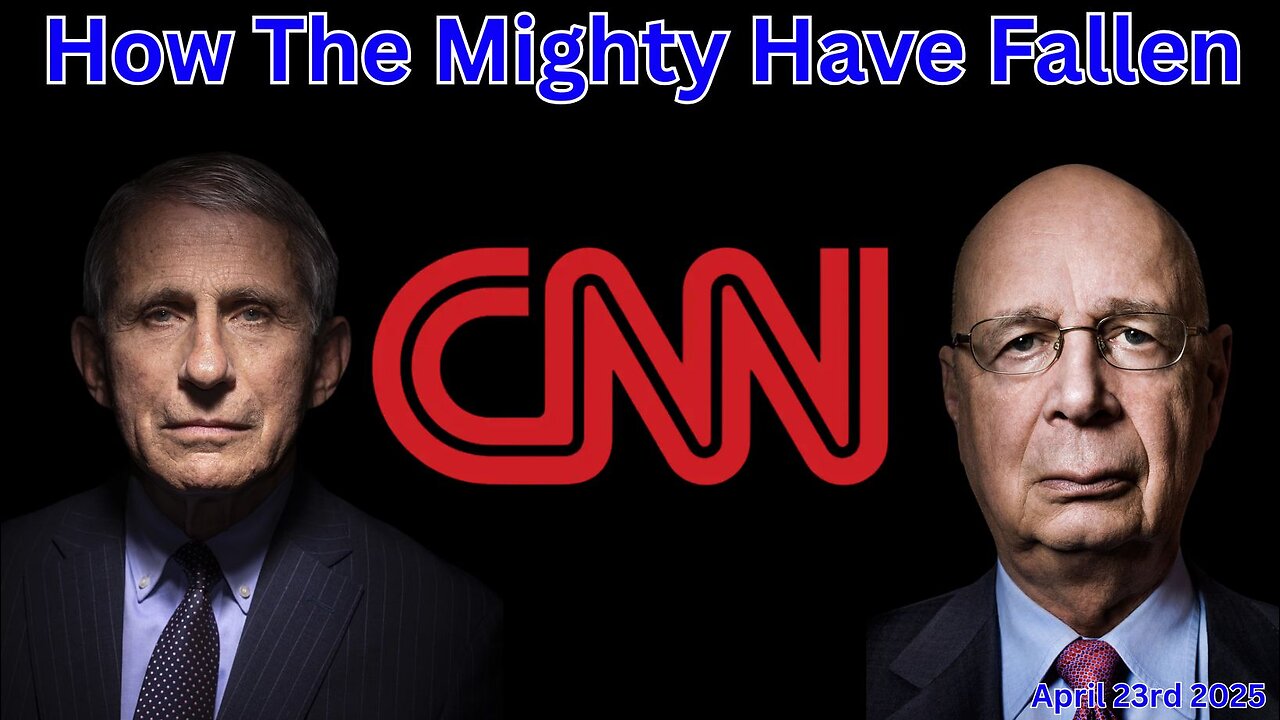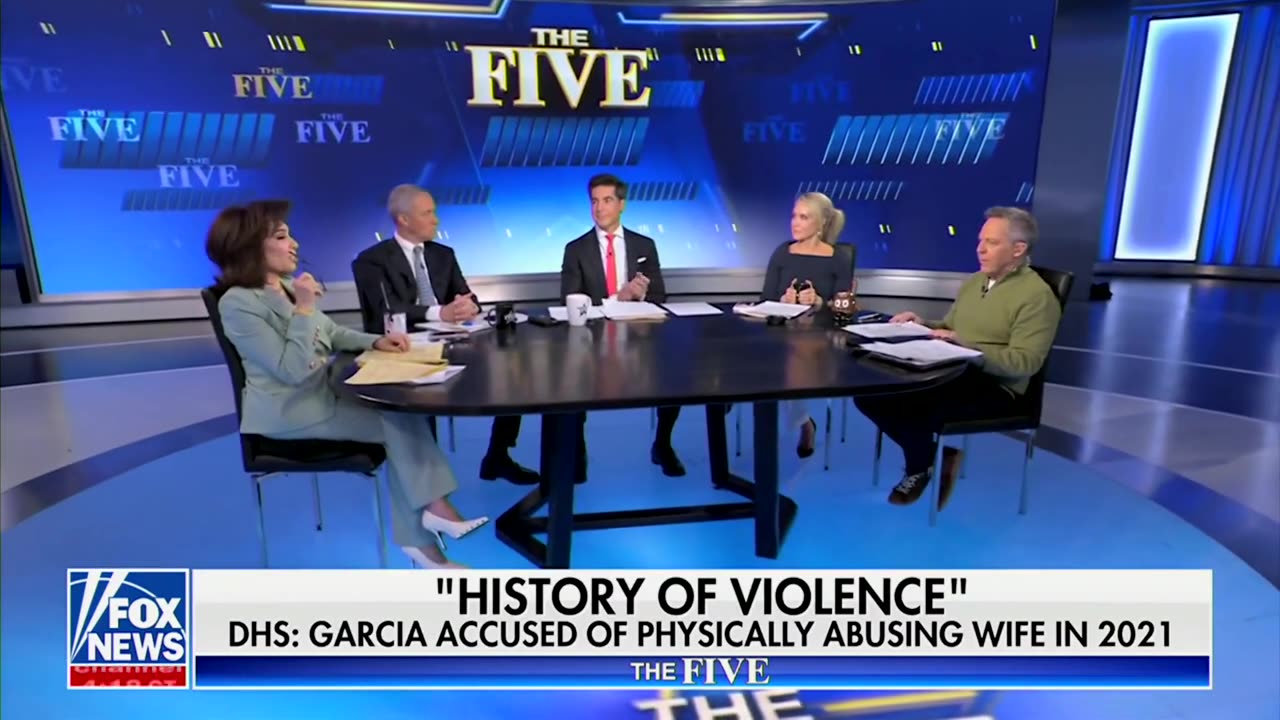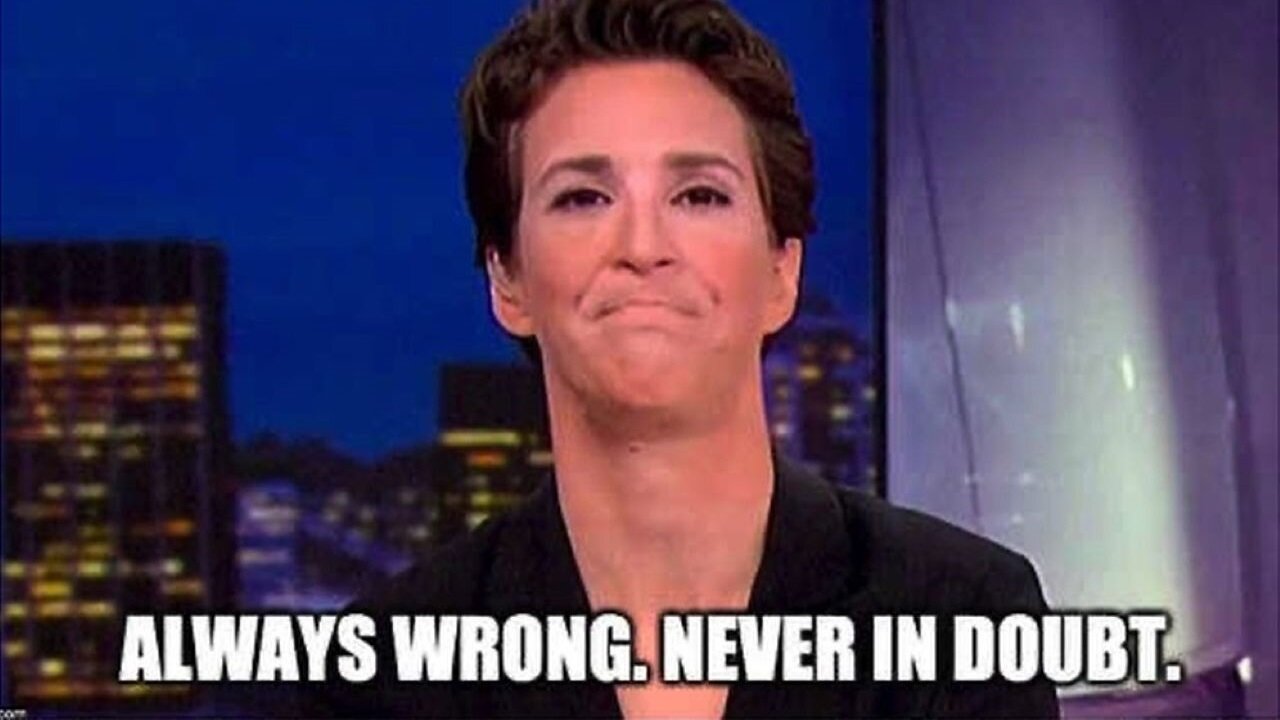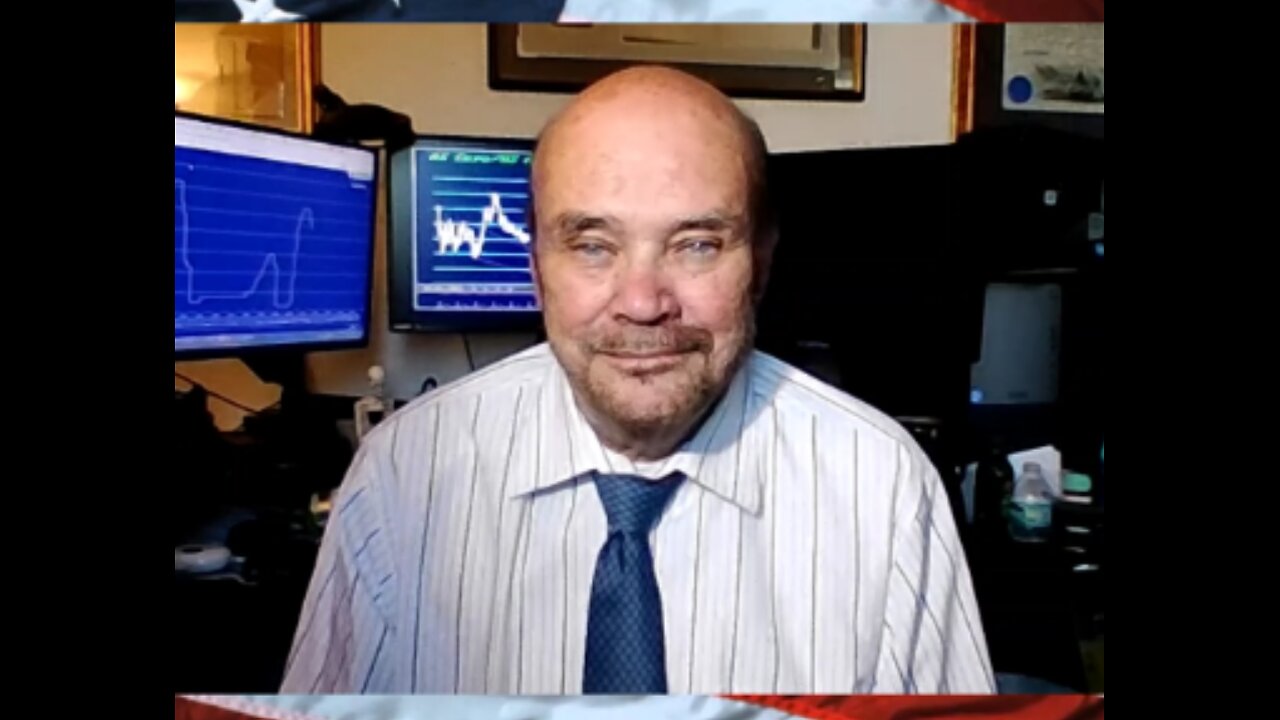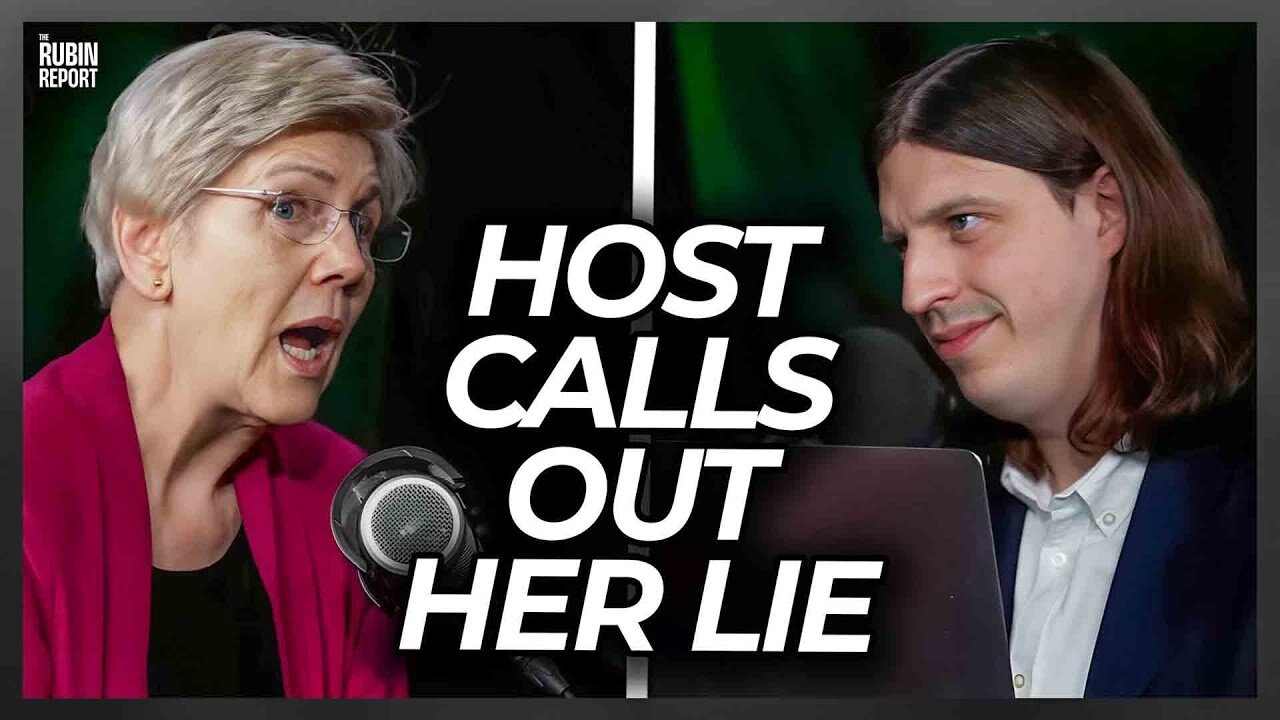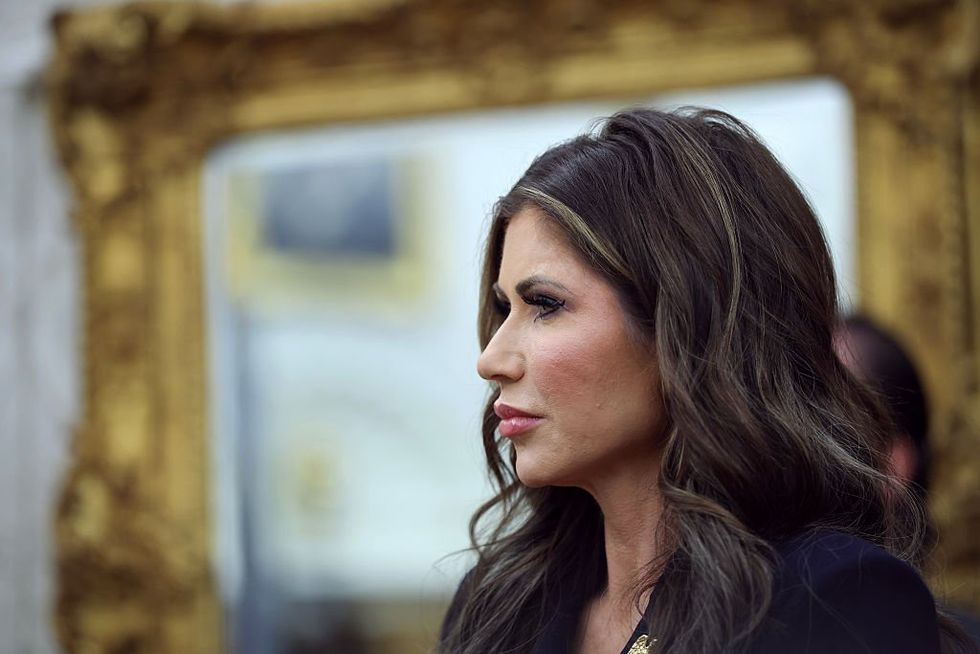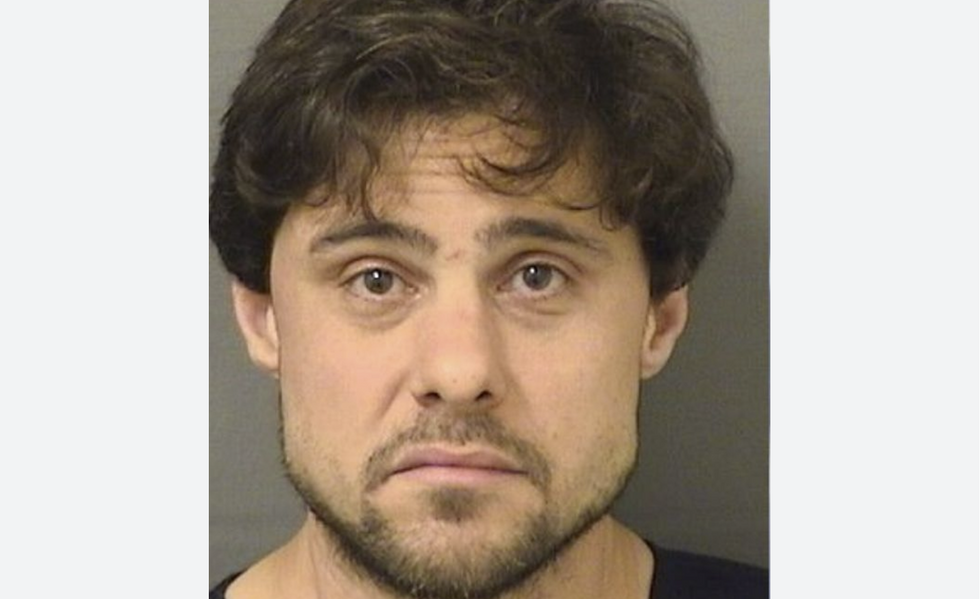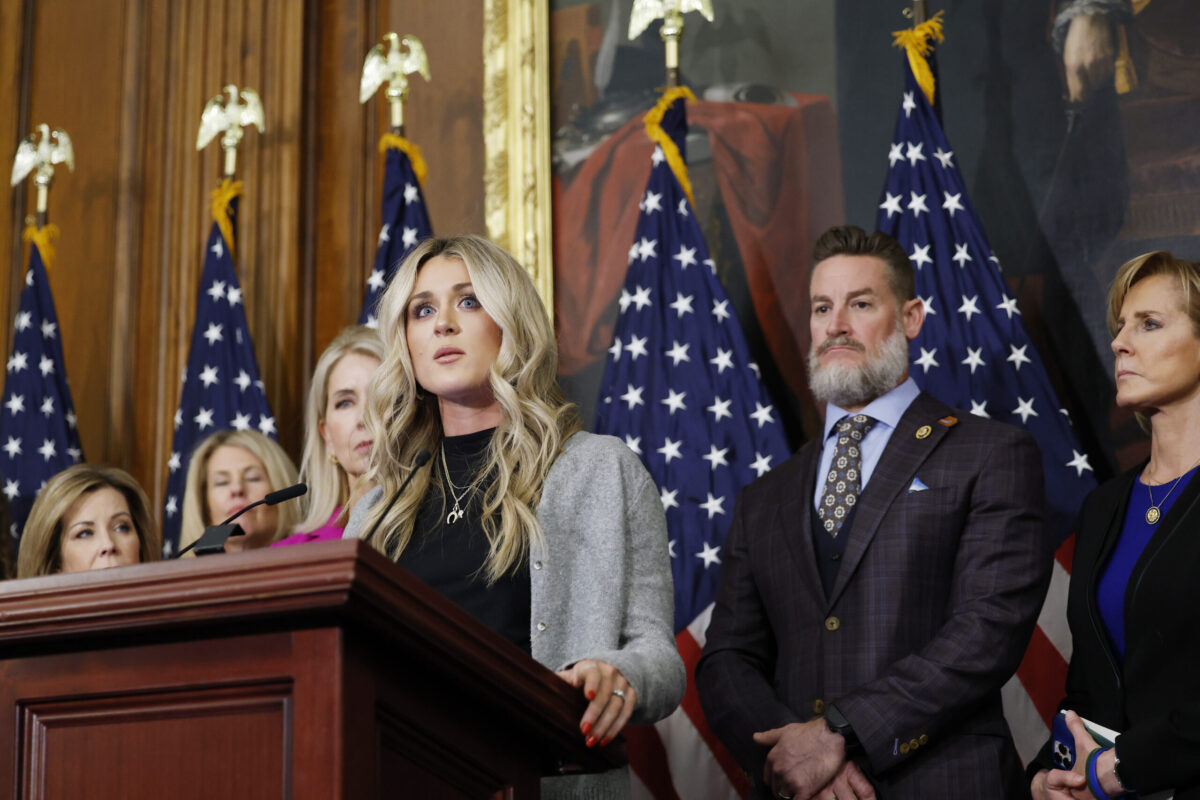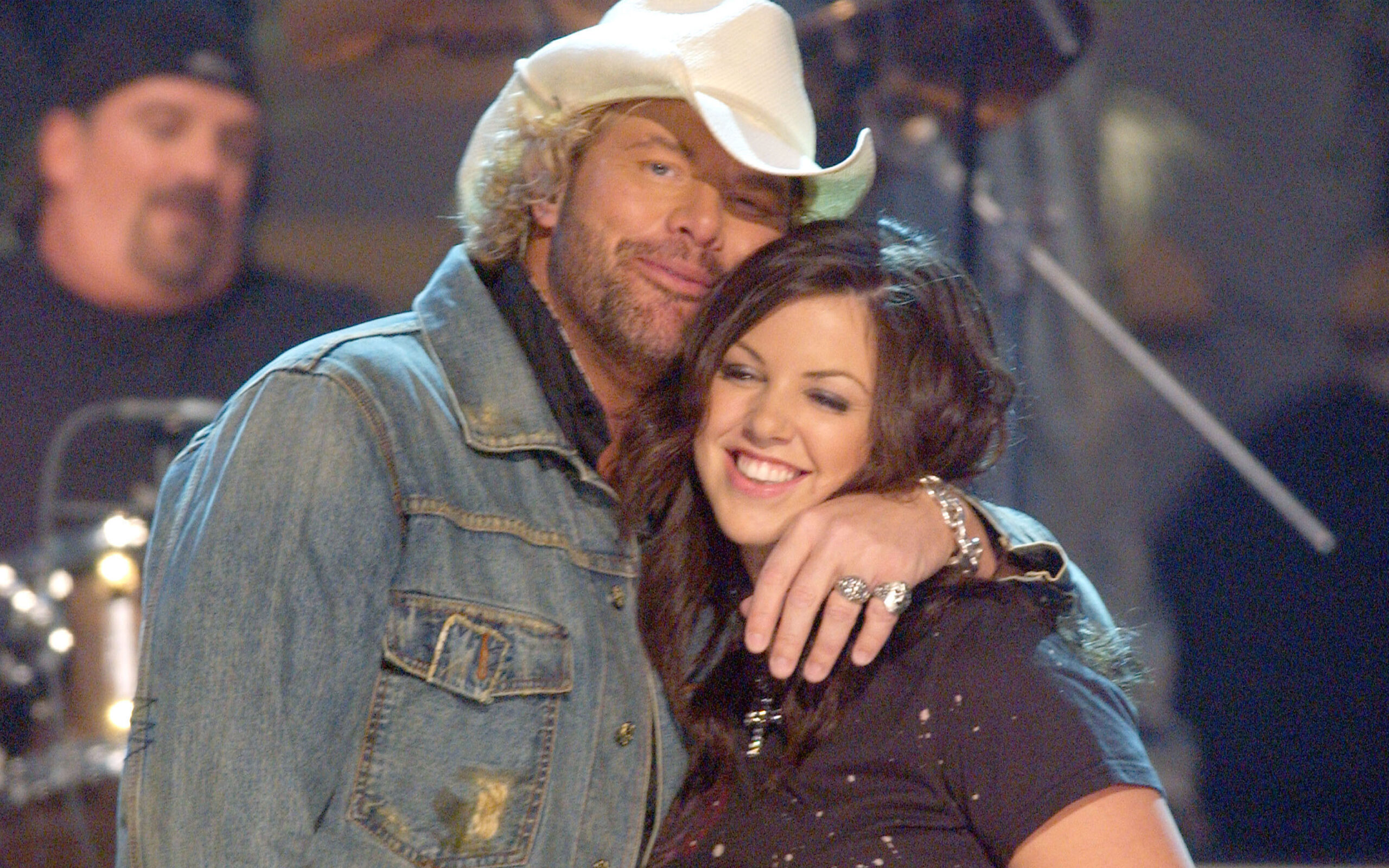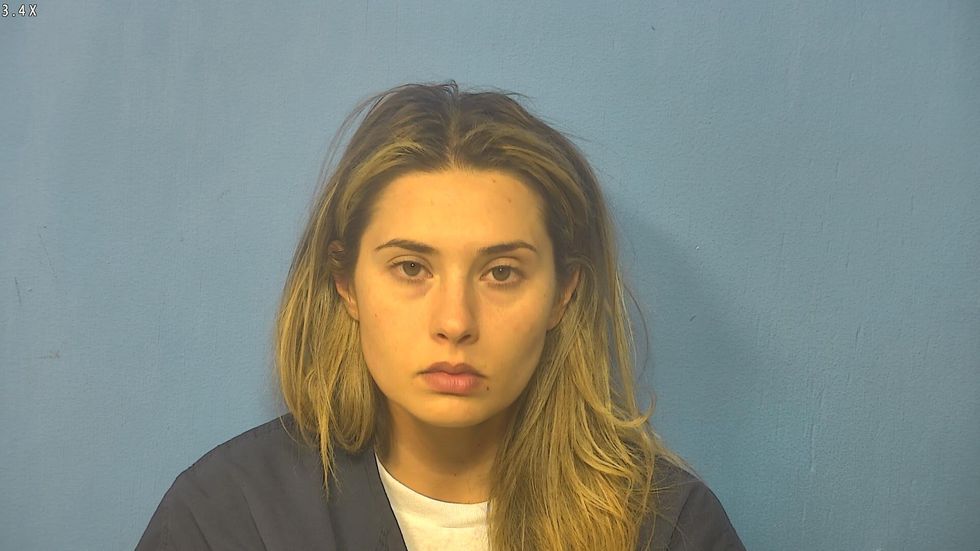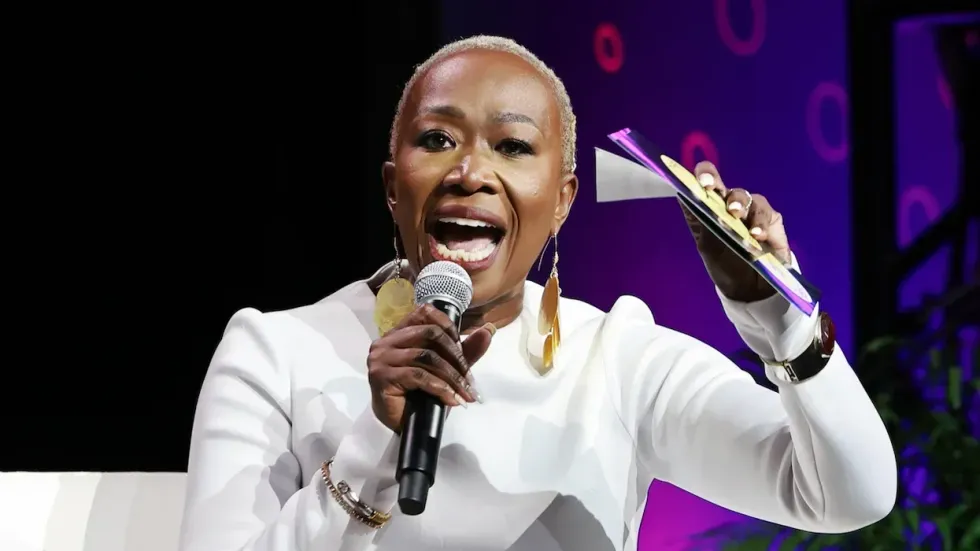How To Be At Peace With Dying
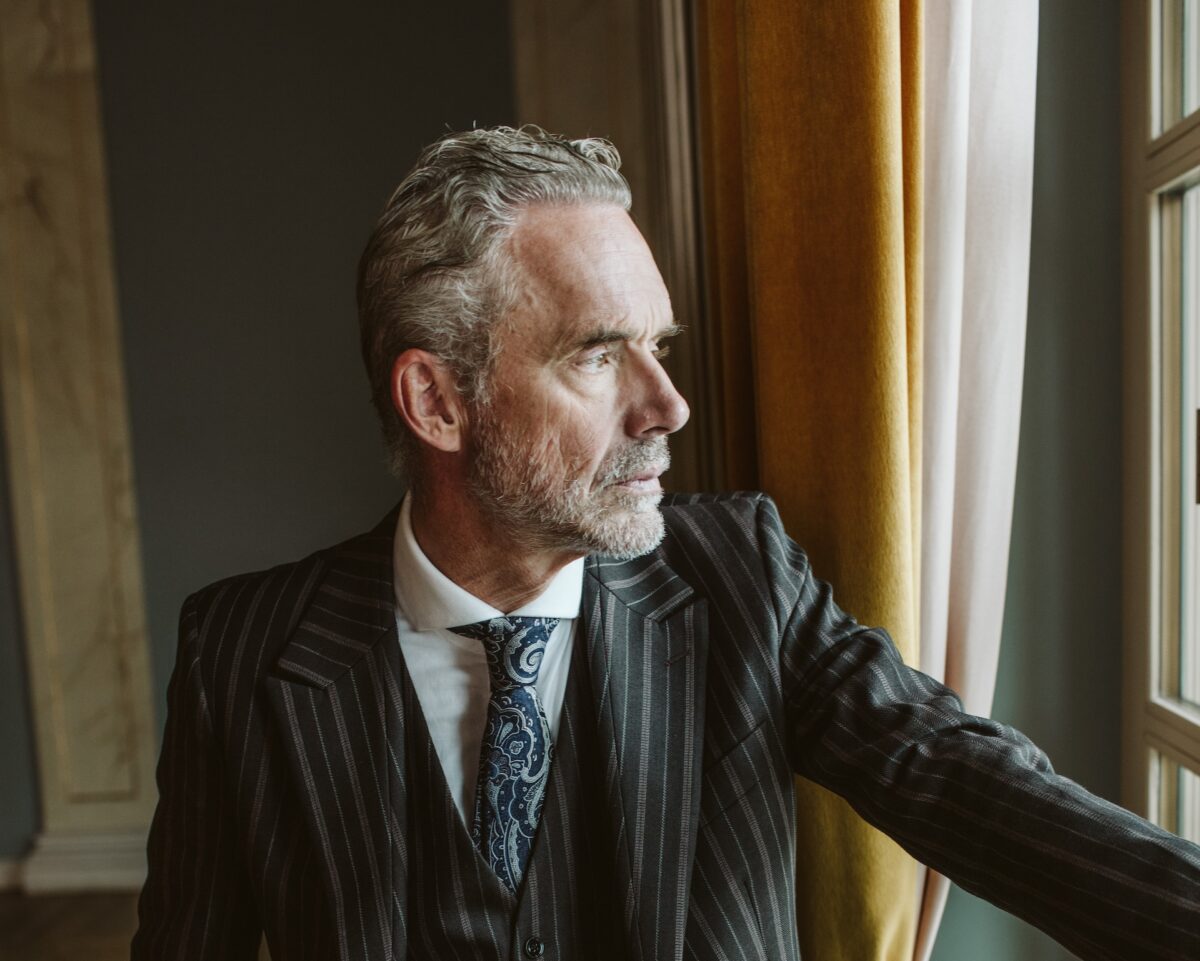
The following is a transcript excerpt of a Q&A portion from Dr. Jordan Peterson’s Beyond Order tour. In this segment, Dr. Peterson was asked how to be at peace with dying. He responds with thoughtful propositions about living a full life, mortality (the state of being subject to death), and death itself. He poses alternatives to death — and addresses whether such alternatives are desirable. Dr. Peterson’s extensive catalog is available on DailyWire+.
* * *
Question: I’ve worked in emergency medicine for 11 years, and I’ve seen a lot of death. Yet I am so afraid of dying. Any advice on how I can be at peace with dying and mortality?
Answer: Well, I do not know that anyone is ever really at peace with the reality of death. Read Socrates’ “Apology.” There are two versions: Plato’s and Xenophon’s. They are quite short, only a few pages long, so read both. Why read “Apology”? Because Socrates puts forward an interesting proposition and one worth contemplating.
Implicit in Socrates’ “Apology” is the suggestion to imagine that you lived your life fully. Living your life fully would mean that you say what you have to say when you have to say it, and you do what you need to do when you need to do it. It would mean you avail yourself of every opportunity that comes your way. You would exhaust yourself in the service of your life. Then, maybe by the time you were old, you would have had enough. And you could just let go.
You see this with older people, and we know this sometimes when we grieve. When a relative who is 95 dies, people are sad, but they often say, “They lived a full life.” The fuller the life, the less catastrophic the demise appears to be in some ways. So it might be that if you fully exhausted yourself, your life would be enough. After all, when people are old and look back on their life, they are often sorrowful and regretful for the things they did not do, the things they left undone, and in their older age, cannot do.
I asked my parents once if they could take a drug that would return them to being physically 18-years-old but were able to keep the wisdom they had accrued over the years, if they would do it. They did not say yes right away. Yet they did not say no right away either. I do not know if they ever told me what they had decided. But it is interesting to ponder because you would think if you were offered something approximating immortality and health, you would take it. And maybe you would.
WATCH: Dr. Jordan B. Peterson content on DailyWire+
An alternative proposition would be to extract out an extra decade. It is not as though I am not trying to maintain myself; keeping oneself healthy seems like a good thing. But would I want to live 500 years? That is a long time. 1,000 years? I do not know. But the alternative is truncated existence with death — and that is also not particularly palatable. So, is there a medicament for mortality?
For those who are parents with now-grown children, would you have children again? Maybe the answer is yes, but another answer is, “Well, I had kids already. I already did that.” And if you did that well, maybe that is enough. Tammy and I have grandchildren now, which is not the same as having children, though it is kids-like, and it is wonderful. Tammy has joked that grandchildren have all the advantages of children with none of the disadvantages.
Everyone laughs at that because everyone understands the sentiment. It is great to have grandchildren. But would we return to our youth and do it again? That is a difficult question to answer. You cannot really know what you would decide unless that option were actually to become available to you. Maybe the answer is yes. Maybe the answer is no because we have been there and done that. So it is on to whatever the next thing is.
If you are afraid of death, take a look at how you are living and see if you are all in. Maybe if you are all in enough, that is and will be good enough. I also believe if you are all in, and death visits, and you know death is impending, you could say to yourself, “I did everything that I was here to do.” At least then you will not torture yourself with that as you are facing death.
* * *
Dr. Jordan B. Peterson is a clinical psychologist and professor emeritus at the University of Toronto. From 1993 to 1998 he served as assistant and then associate professor of psychology at Harvard. He is the international bestselling author of “Maps of Meaning,” “12 Rules For Life,” and “Beyond Order.” Be sure to order his newest book, “We Who Wrestle with God” (Portfolio/Penguin).
You can now listen to or watch his popular lectures on DailyWire+.
Originally Published at Daily Wire, Daily Signal, or The Blaze
What's Your Reaction?
 Like
0
Like
0
 Dislike
0
Dislike
0
 Love
0
Love
0
 Funny
0
Funny
0
 Angry
0
Angry
0
 Sad
0
Sad
0
 Wow
0
Wow
0
